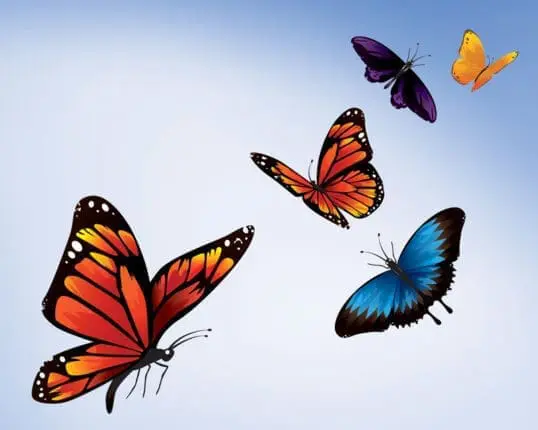Enjoy the audio preview version of this article—perfect for listening on the go.
Therapy, of course, is fundamentally about change—shifts in self-awareness, making new choices big and small, and doing the harrowing work of stretching the heart. Week after week, clinicians help clients persist in this hard labor, celebrating when people take small steps forward, gently nudging them on when they get stuck, and empathizing (and maybe feeling a tad frustrated) when they skid backward into old behavior that doesn’t serve them well.
But change goes both ways. While helping clients wrestle with their issues, it’s the rare therapist who hasn’t experienced her or his own personal eureka moments. Some may be painful, others liberating; oftentimes, it’s both. As we watch a client repeatedly engage in self-sabotage, we may recognize the futile paths that we ourselves trudge, over and over again. When a client snaps at us in anger, we may watch ourselves instinctively go smaller, acceding too quickly to their critical assessment. It’s no secret that the therapist–client relationship is much like any other intimate connection. It pushes our buttons, creates moments of deep unease. And if we pay attention, it can change us profoundly.
We don’t often talk candidly with each other about these personal moments of truth. Certainly, many therapists attend peer supervision groups to compare notes on difficult cases and seek support on handling them. And at professional conferences and workshops, many of us engage in challenging experiential exercises. But it’s another thing entirely to be buffeted by emotional headwinds week after week, in the very moments we’re charged with helping someone else who’s suffering. How do you regain your balance and stay useful when at times you feel as though you’re the client? How can you use these moments as a chance to stop hiding behind your professional mantle, and to grow?
The stories that follow, originally created for a storytelling event at this year’s Networker Symposium, invite us into those ongoing cases, when therapists get repeatedly triggered—initially unsure why—and therefore spend a chunk of time unable to be useful to the people they’re trying to help. One misdiagnoses a client because of his own unexamined shame, while another pushes a client to face the very problem that he can’t confront in himself. Still another comes within a hair’s breadth of closing her heart to an exceptionally difficult client.
While these stories portray therapy cases in extremis, they’re in no way dispiriting. All the storytellers come to recognize the underlying sorrow and confusion that drive their responses, and each slowly emerges as a more conscious person—both inside and outside the therapy office. Some of these clinicians continue to wrestle with old ghosts and, in two cases, a society that largely refuses to embrace them. But they persevere and come to appreciate the in-session struggles that spur both their own healing and the capacity to be more attuned therapists. As one clinician observed, his combative client “was opening doors for both of us.”
What most distinguishes these tales is the level of vulnerability the storytellers demonstrate, exposing parts of their professional selves that many of us take care to downplay—the times we go really reactive with clients, the times we sacrifice our authenticity in an effort to be the “perfect” clinician, the pain and the price exacted by our unacknowledged grief. Stories wash us of shame and reunite us with our strengths. By showing us ourselves, they affirm our connectedness—something we know in our heads, but not always in our hearts. It turns out we’re in this mysterious, unruly life together. Everyone. All the time. What a relief.
ILLUSTRATIONS © STOCK UNLIMITED
Marian Sandmaier
Marian Sandmaier is the author of two nonfiction books, Original Kin: The Search for Connection Among Adult Sisters and Brothers (Dutton-Penguin) and The Invisible Alcoholics: Women and Alcohol Abuse in America (McGraw-Hill). She is Features Editor at Psychotherapy Networker and has written for the New York Times Book Review, the Washington Post, and other publications. Sandmaier has discussed her work on the Oprah Winfrey Show, the Today Show, and NPR’s “All Things Considered” and “Fresh Air.” On several occasions, she has received recognition from the American Society of Journalists and Authors for magazine articles on psychology and behavior. Most recently, she won the ASJA first-person essay award for her article “Hanging Out with Dick Van Dyke” on her inconvenient attack of shyness while interviewing. You can learn more about her work at www.mariansandmaier.net.













